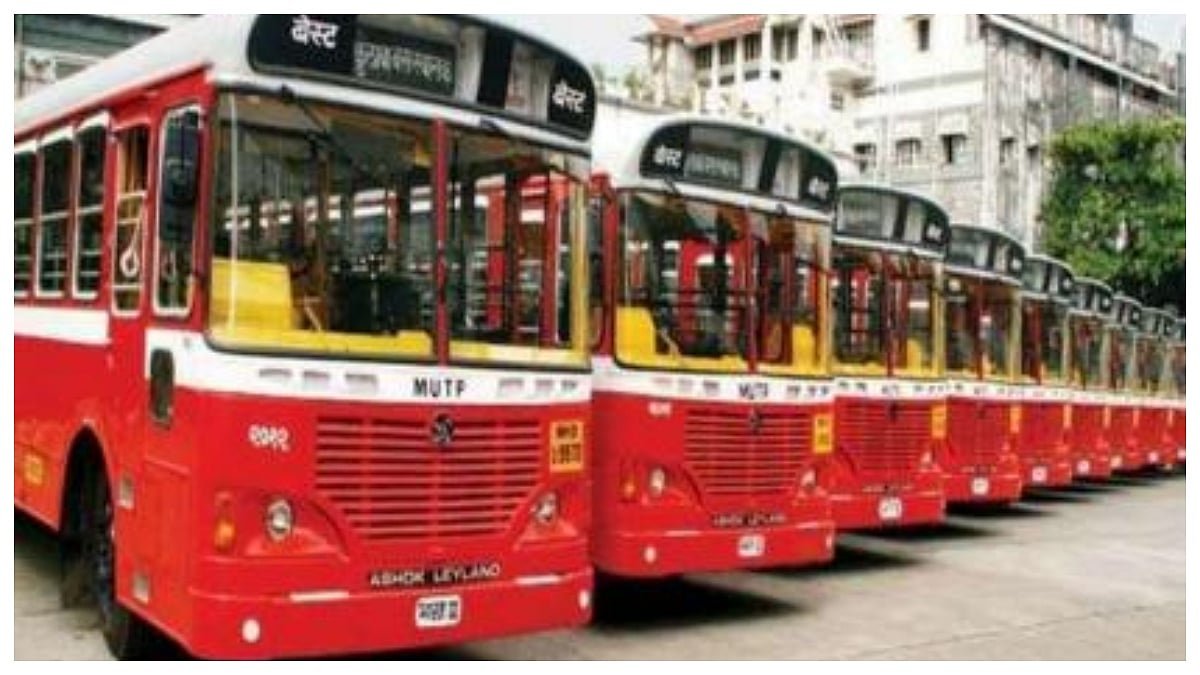Mumbai, November 6: If the proposed BEST union hunger strike goes ahead from November 10, Mumbai’s daily commute could face one of its biggest disruptions in recent years. The city’s red buses, a lifeline for over 25 lakh passengers every day, are at the heart of the union’s protest, which demands an end to the controversial wet lease system, clearance of pending dues, and better upkeep of the public fleet.
Key Routes at Risk
Commuters who depend on BEST buses to travel across Mumbai’s major corridors are already worried. Routes linking Dadar, Sion, Andheri, and Borivali, as well as the island city’s inner stretches, are likely to be worst hit, particularly in areas where metro and train connectivity remains limited.
For thousands of middle-class and working families, a sudden halt in bus services could throw daily life into disarray.
“Buses Are the Most Affordable Option”
“Buses are the most affordable option for working people,” said Preeti Deshmukh, a bank employee from Borivali, who depends on BEST buses for her daily commute. “If services stop, taxis and autos will charge double, and trains are already overcrowded.”
Another commuter, Krupa Soni, who travels regularly from Andheri station, echoed the concern.
“If they go on strike, it will be really difficult for us to get home on time and manage our household work. My son also takes the bus to college. Taking autos or taxis every day will become too expensive for us. The government should act immediately.”
An Uncertain Road Ahead
The potential strike highlights how deeply intertwined BEST buses are with Mumbai’s social and economic rhythm. For decades, the red double-deckers and mini buses have connected office workers, students, and vendors, especially those who cannot afford other modes of transport.
If the standoff between the union and civic authorities is not resolved soon, Mumbai could face longer commutes, higher transport costs, and even greater pressure on trains and metros.
For now, commuters can only hope that negotiations will keep the city’s lifeline on the move.

